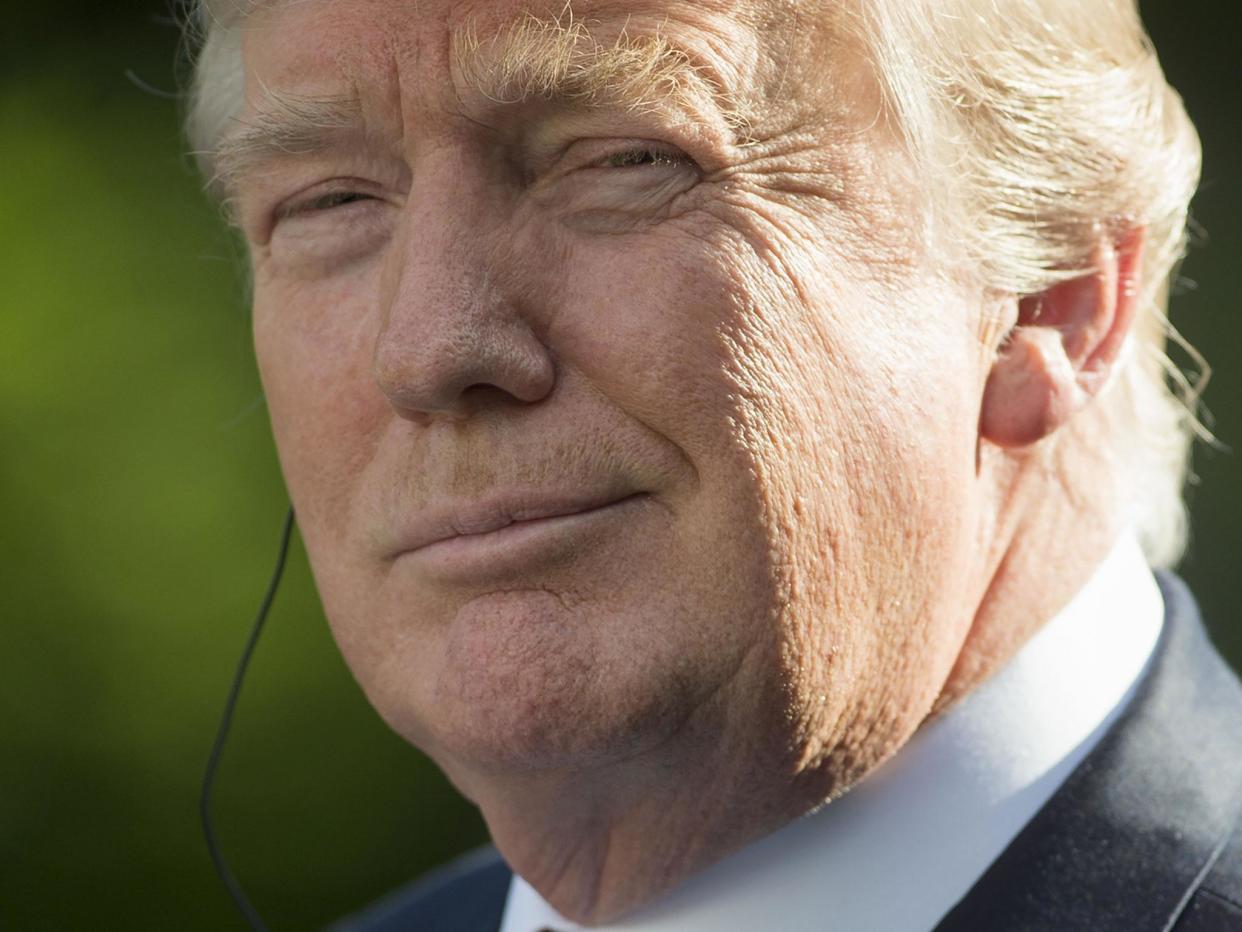Muslim-majority countries where Donald Trump does business not included in travel ban

The six predominantly Muslim countries which fall under Donald Trump's controversial travel ban all have one thing in common: the Trump Organisation has not done business or pursued potential deals there.
The Supreme Court's decision to partially reinstate the temporary travel ban has been hailed as a "clear victory" by the US President.
The decision allows the travel ban to go into effect for foreign nationals who don't have a "bona fide relationship with any person or entity in the United States".
Foreign nationals from Syria, Iran, Yemen, Sudan, Somalia and Yemen will be barred from entering the US for 90 days, and the ban could come into place within as little as 72 hours of the Supreme Court's decision.
But the list excludes several wealthier Muslim majority nations where the Trump Organisation has business interests.
These include Saudi Arabia, Turkey, the United Arab Emirates, Egypt and Indonesia.
Iraq was removed from the list after fury from the Pentagon over the fact it undermined relations with the country, which the US is currently joined by in the fight against Isis.
Although Mr Trump has said he handed over management of his vast real estate empire, licensing and merchandising business to his adult children to prevent conflicts of interest, critics have argued his business interests should have been handed over to a blind trust.
Mr Trump has several business interests in Turkey, including two luxury towers.
He also has luxury home developments, spa facilities and a golf course in the United Arab Emirates.
In Indonesia, the world's largest Muslim-majority nation, there are two Trump-branded resorts under construction.
Mr Trump claims the the temporary ban is needed to prevent terrorist attacks, while opponents argue it's a backdoor way to bar Muslims from entering the US, as the business tycoon promised in his campaign.

